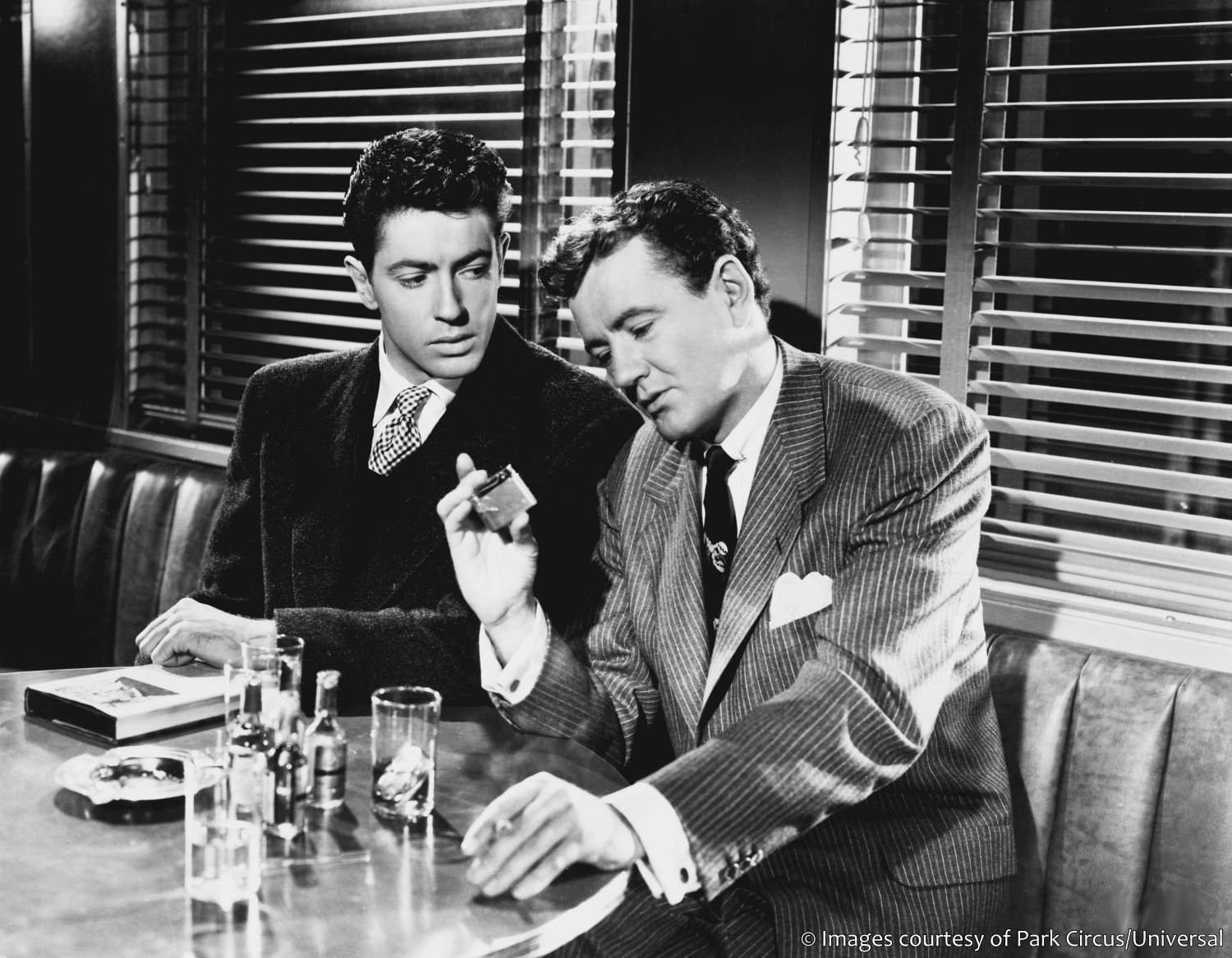Programme
The Wicked Charm of the Talented Ms Highsmith
We are often compelled and gripped by salacious tales of crime and punishment, and there are very few criminals who are as charming and seductive as the anti-heroes of Patricia Highsmith's works. Although Highsmith was uneasy about the label of 'crime novelist', she weaves a world with twists and irrationality. Her works often seem to be more fascinated with delving into the disturbed minds of villains – gloomy and desperate, afraid to be left out hence hopelessly grabbing the love of attention and willing to do anything to avoid being nobodies.
In her famous Ripley novel series – which has been adapted into Purple Noon and The Talented Mr. Ripley, among others – the hero is a chameleon whose penchant for lying and murder are essentially extreme survival tactics. In Deep Water, a cuckolded husband's jealousy over his promiscuous wife turns him into a serial murderer; In The Cry of the Owl, a lonely man spies on a young woman and causes her fiancé to takes revenge; In Strangers on a Train, a wealthy psychopath concocts what he believes to be the foolproof murder: 'Criss-Cross' murders with a stranger in order to remove motivation from the act and thereby escaping suspicion. In her stark, uncompromising narrative where innocence and morality have no place, we may not necessarily sympathise with her criminals, but they often represent a debate over whether to fulfil our darkest desires, whether that be the desire to become someone else, to murder those we loath or to succumb to forbidden temptations. As Highsmith once wrote, 'every book is an argument with myself.'
Even The Price of Salt, which was adapted into Carol from Highsmith's sole purely romantic novel, was the result of her own desire for wish fulfilment: the story was inspired by her encounter with a beautiful blonde woman in a department store. Though the torrid love affair in the story was based on her other relationships, the author admitted that she had gone as far as following the stranger to her home. Seemed like Highsmith, too, used literature as an outlet for her own dark desires.







